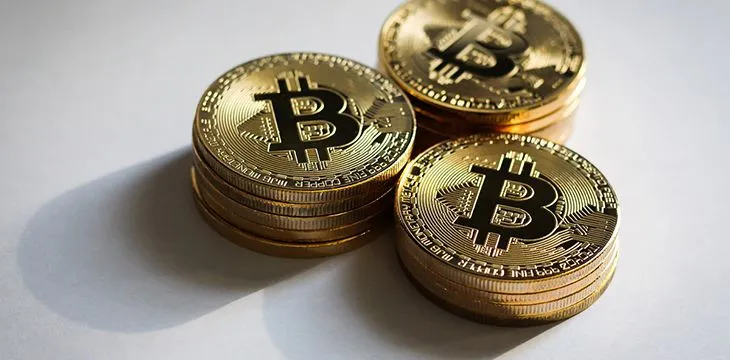|
Getting your Trinity Audio player ready...
|
As much as the cryptocurrency space has evolved in the past couple of years, there is still a lot of uncertainty regarding how it is viewed and where it is headed. However, two things are definitely clear as 2020 starts to get underway – crypto is being taken more seriously by lawmakers and regulators, and entities that don’t abide by established financial rules and regulations are going to pay the price.
As Tether and Bitfinex continue to be at the center of several legal attacks, mainly by New York’s attorney general and a handful of investors, separate class-action lawsuits against the two over alleged BTC price manipulation could merge. There are three individual suits against the two entities that are now combining their efforts into one, larger suit, and a fourth could join, as well. Tether and Bitfinex welcome the move, as it will make it easier for them to defend against the claims.
The European Union (EU) drafted new anti-money laundering regulations, dubbed the Fifth Anti-Money Laundering Directive, last year. These new rules are now in force and a few crypto entities have already decided to bow out of the region because of them. Now, non-custodial exchange KyberSwap has decided to close up shop in the EU, as well, as the Malta-based company announced a move to the British Virgin Islands. It asserts that the new rules “would put too high a barrier for the majority of traders, both – regulatory and cost-wise.” Control of the operations will be handed over from Kyber Network International to its sister company, KYRD International.
Crypto gains in South Korea could soon be taxed. The Ministry of Economy and Finance wants to place a 20% tax on a portion of the earnings, dubbing crypto a source of income. Previously, any money made off of crypto holdings was considered capital gains, but the new rules essentially acknowledge crypto as money that is subject to existing “other income” tax rules.
South Korea is also taking a stronger stance against financial fraud. At least one exchange, Korbit, has updated its terms of services to indicate that digital assets it holds for users can be seized without notice if requested by financial institutions or authorities. Any such seizure would come as a result of the user having been found to be participating in any fraud or scam in order to steal funds from others.
The UK is turning to blockchain technology to thwart cybercrime. Specifically, the country’s tax authority, HM Revenue and Customs (HMRC), is accepting proposals for a platform that can be used to identify and track potential illicit activity on a number of blockchains, including BTC, Ether, Litecoin and more. It is willing to pay $100,000 for a one-year contract to use such a solution.
The HMRC isn’t the only UK government entity to be getting closer to the crypto space. The Bank of England is exploring the possibility of a central bank digital currency to determine its viability, conducting a study with five other central banks and the Bank for International Settlements.
Facebook’s Libra stablecoin has consistently been blackballed by financial regulators and entities around the world since it was first announced. Although the Libra Association insists that it will move forward with its plans, resistance remains high and Australia and Switzerland have come forward to publicly chastise the program. The organization can’t even find respect in its own back yard, as Switzerland, where it is based, calls it a “failure.” At the same time, Libra lost one of its founding members this week when Vodafone decided to pull out to concentrate on its own payments solution, M-Pesa.
Banned/not banned. That’s where crypto confusion is in India right now. As the country’s Supreme Court continues to delay weighing in on the subject, the consensus remains that crypto has to remain underground. However, the Reserve Bank of India issued a statement this week, indicating that crypto isn’t banned; it’s just illegal for banks to provide services to companies operating inside the ecosystem. With no possibility of gaining banking support, being able to operate becomes overwhelmingly difficult.

 07-31-2025
07-31-2025 





